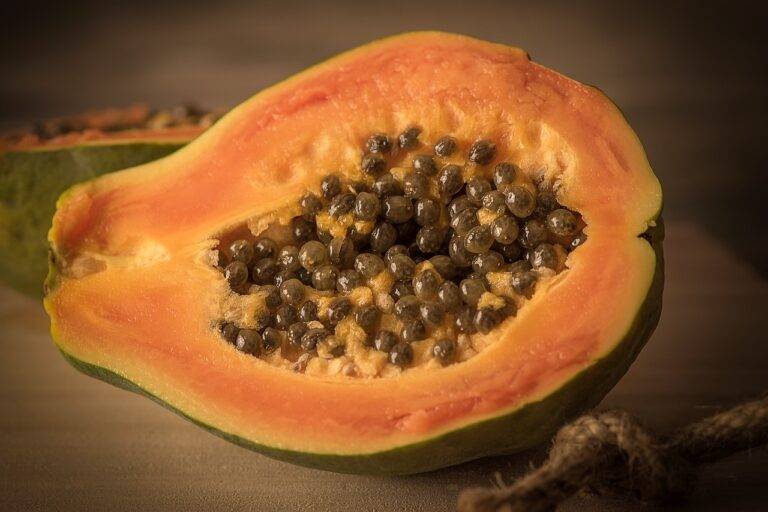The Growing Popularity of Veganism
Plant-based diets are rich in essential nutrients like vitamins, minerals, and antioxidants, which are beneficial for overall health and well-being. The abundance of fiber in plant-based foods aids in digestion, lowers cholesterol levels, and promotes a healthy heart. By incorporating a variety of fruits, vegetables, whole grains, and legumes into your meals, you can ensure your body receives the necessary nourishment it needs to thrive.
Moreover, plant-based diets have been linked to a reduced risk of chronic diseases such as heart disease, type 2 diabetes, and certain types of cancer. The exclusion of processed meats and saturated fats commonly found in animal products can lead to lower blood pressure and improved blood sugar control. Choosing a plant-based diet not only benefits your individual health but also contributes to a more environmentally sustainable food system.
Health Reasons for Choosing Veganism
In terms of health benefits, choosing a vegan lifestyle can significantly lower the risk of chronic diseases such as heart disease, diabetes, and certain types of cancer. Plant-based diets are typically rich in nutrients like vitamins, minerals, and antioxidants that are essential for maintaining a strong and healthy immune system. Studies have shown that vegans tend to have lower cholesterol levels, blood pressure, and body mass index, leading to a reduced likelihood of developing obesity-related conditions.
Moreover, veganism is associated with better digestion and gut health due to the high fiber content present in plant-based foods. Fiber not only aids in digestion but also helps in maintaining a healthy weight and reducing the risk of digestive issues like constipation and irritable bowel syndrome. By eliminating animal products from one’s diet, individuals may experience improved gut microbiota diversity, which is essential for overall health and well-being.
What health benefits can be gained from a plant-based diet?
A plant-based diet can lower the risk of heart disease, high blood pressure, type 2 diabetes, and certain types of cancer. It can also help with weight management and promote overall well-being.
How does veganism contribute to overall health?
Veganism excludes all animal products, which are often high in saturated fats and cholesterol. By eliminating these from your diet, you can reduce your risk of developing heart disease and other health conditions.
Can a vegan diet provide all the necessary nutrients for good health?
Yes, a well-planned vegan diet can provide all the essential nutrients your body needs, including protein, iron, calcium, and vitamin B12. It is important to include a variety of fruits, vegetables, whole grains, nuts, and seeds in your diet to ensure you are meeting your nutritional needs.
Will adopting a vegan lifestyle help with weight loss?
Many people find that switching to a vegan diet can help with weight loss, as plant-based foods are typically lower in calories and saturated fats than animal products. However, it is still important to focus on portion control and choose whole, nutrient-dense foods to support weight loss goals.
How long does it take to see improvements in health after transitioning to a vegan diet?
The timeline for seeing improvements in health after transitioning to a vegan diet can vary depending on individual factors such as current health status, diet quality, and lifestyle habits. Some people may notice positive changes within a few weeks, while others may take longer to see significant improvements. It is important to be patient and consistent with your dietary choices to experience the full benefits of veganism.





